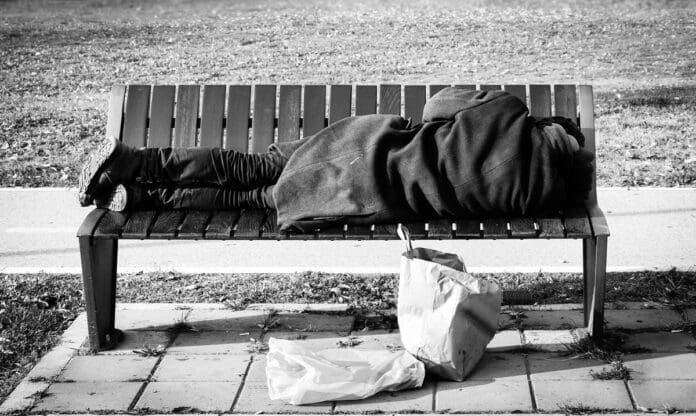The Big Bend is getting cold weather, and temperatures have dropped low enough in Tallahassee to pose a danger to those who are unhoused. Executive Director Johnna Coleman with the Big Bend Continuum of Care (CoC) is responsible for getting the word out about extra help for them.
“The health department notifies us that they would activate cold night shelter due to that weather being a potential for bodily harm. At that time our shelters go into cold night shelter operations, which means that people are allowed to sleep on cots,” Coleman says. “So there is somewhat of an overflow of seasonal, what we call seasonal beds that are available at that time.”
Places like the Kearney Center (for individual adults), HOPE community (for families), and CCYS (for displaced minors) offer shelter and get assistance through the Big Bend CoC.
Coleman says the Big Bend CoC works closely with Leon County Emergency Management and the health department to determine when cold night shelters should be activated. This happens when temperatures are expected to drop to 35 degrees or lower for at least four hours before daylight. Street outreach teams and law enforcement help get the work out to those who are unhoused.
A state law that took effect in October says a municipality cannot allow anyone to sleep on public property. The municipality can designate a particular spot for public sleeping or camping as long as it meets requirements and gets state approval. After January 1, 2025, municipalities can be sued for violating this law.
What will this mean for enforcement in Tallahassee and Leon County? “It’s still uncertain. There hasn’t been a precedent for a case like this,” Coleman says.
“I think that we cannot arrest our way out of homelessness,” Coleman continues. “There has to be a method to the madness, and it’s going to take community collaboration, additional funding and more housing.”
One criticism of the law is that it does not address the root causes of homelessness, such as mental health conditions and unaffordable housing. Coleman talks much mor about this on Speaking Of. Click LISTEN above to hear the full conversation. and click here for entire episodes of Speaking Of.


